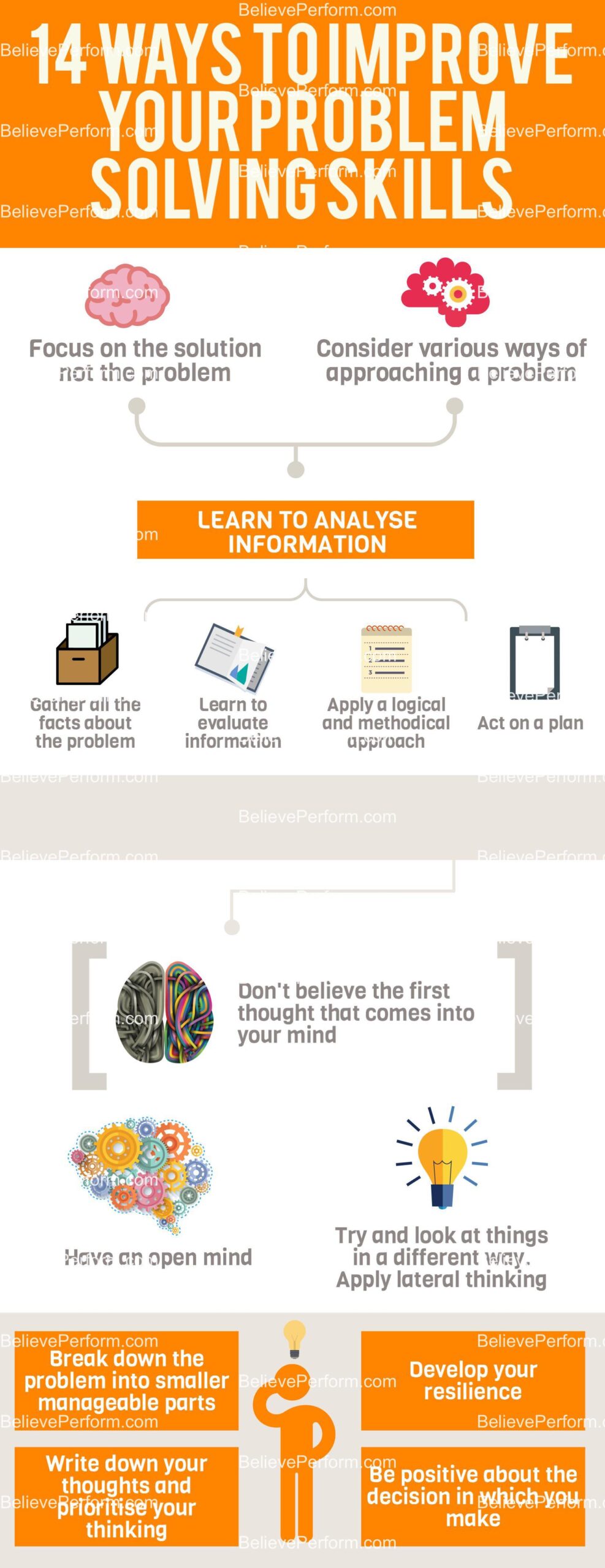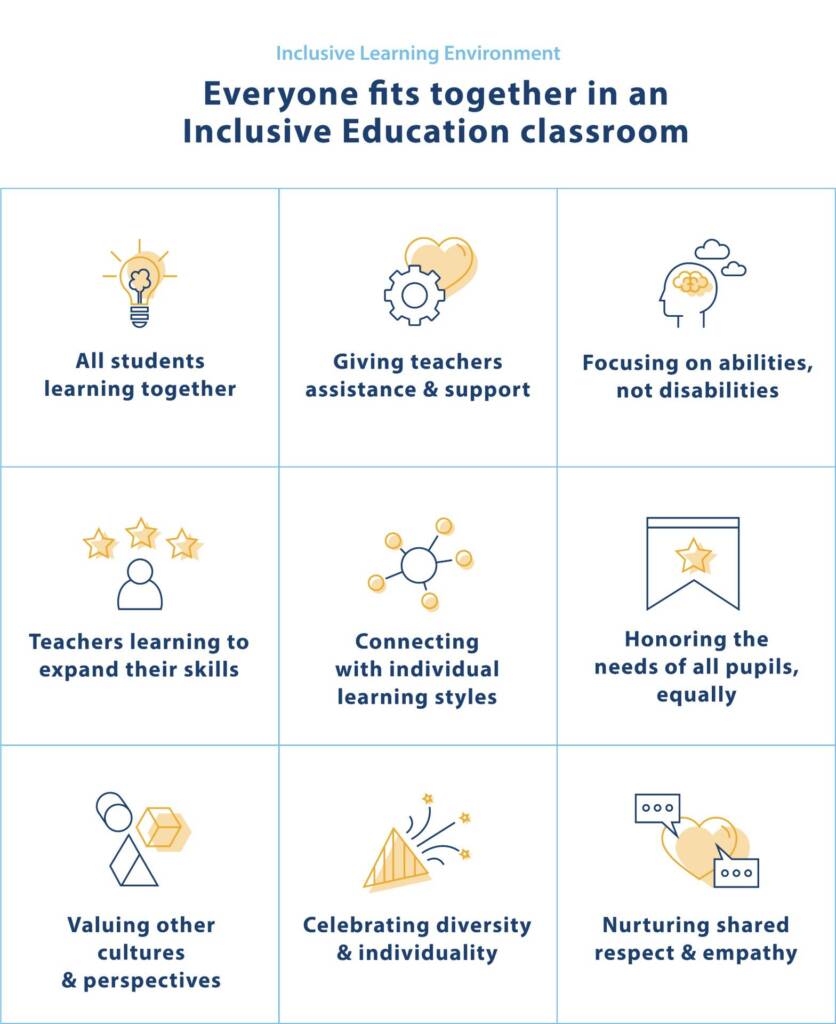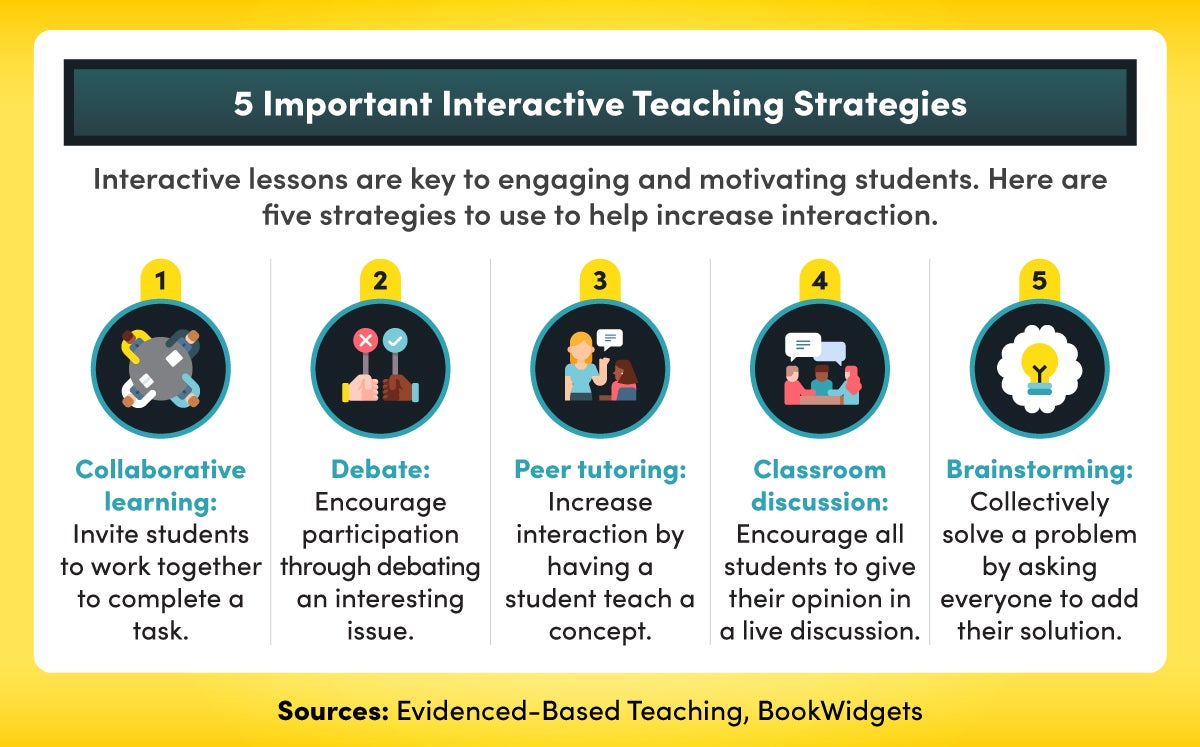Transitioning to higher education is a pivotal moment in a student’s life and can often be accompanied by a range of emotions, from excitement to anxiety. Supporting students through this transition is crucial for their academic and personal success. 
Understanding the Need for Support
Providing guidance and assistance during the transition period equips students with the tools necessary for navigating the complexities of higher education. As they encounter new academic demands and social structures, support systems can help facilitate a smoother transition. Recognizing areas where students often struggle lays the groundwork for tailored support mechanisms that address their unique challenges.
Significance of Supporting Students
Facilitating effective transitions not only enhances students’ readiness for academic life but also fosters personal growth and resilience. Support helps build a sense of community and belonging, which are essential for mental well-being. By addressing the multifaceted aspects of this transition, stakeholders can significantly influence students’ capacities to thrive in a new environment.
Optimal Timing for Interventions
Engagement should begin well before students step onto campus. Initiatives can effectively start during the later stages of high school, extending into orientation programs and the initial weeks of college. These critical periods provide opportunities for skill-building and establishing connections that can dramatically affect students’ adjustment experiences.
Advantages of Providing Support
When students receive proper guidance and resources, they are likely to experience improved retention rates and academic performance. Establishing a strong support network can foster their independence while simultaneously developing key life skills essential for future success. This investment in the transition phase lays the foundation for lifelong learning and personal fulfillment.
Frequently Asked Questions
1. What types of support are most effective for transitioning students?
Effective support includes mentorship programs, academic advising, and peer support groups that provide social integration.
2. How can teachers support students during this time?
Teachers can facilitate workshops, offer study skill sessions, and promote communication between students and resources available at the institution.
3. What role do parents play in supporting students?
Parents can offer emotional support, guidance, and reassurance while encouraging their children to engage with new academic environments and social circles.
4. Are there specific resources available for students with disabilities?
Yes, many institutions have dedicated offices for disability services that provide tailored accommodations and resources to ensure equal access to educational opportunities.
How to Support Students Transitioning to Higher Education: Personal Experience
Supporting students through their transition to higher education is essential for their growth and development. During my time as a mentor in a university program, I witnessed firsthand the struggles students faced in their first year. One particular student shared their anxiety about adapting to new coursework and social dynamics. By facilitating regular check-ins and connecting them with experienced peers, we could significantly ease their transition fears. Through collaborative workshops and skill sessions that focused on study techniques and time management, students not only gained confidence but also created a supportive network among themselves. 
Closing Thoughts on Supporting Students Transitioning to Higher Education
Ensuring that students have the support and resources they need when entering higher education is vital for their academic journey and personal development. By recognizing the unique challenges they face and proactively addressing them, we create a nurturing environment that empowers them to succeed and flourish in their new academic surroundings. As we collectively focus on supporting students transitioning to higher education, we set them on a path toward achieving their goals and aspirations.
If you are searching about What students need to know about transitioning into higher education you’ve visit to the right place. We have 8 Images about What students need to know about transitioning into higher education like (PDF) Barriers Faced by Teachers as an Estimator of the Effectiveness, CAS 2 New Set of Questions – NEWLY REVISED TQ’S FOR CAS 2 BASED ON THE and also (PDF) Organizational structure and procedure barriers to obedizing. Read more:
What Students Need To Know About Transitioning Into Higher Education
educationhub.blog.gov.uk
Education Sciences | Free Full-Text | Augmenting The Impact Of STEAM
www.mdpi.com
(PDF) Organizational Structure And Procedure Barriers To Obedizing
www.researchgate.net
(PDF) Barriers Faced By Teachers As An Estimator Of The Effectiveness
www.researchgate.net
CAS 2 New Set Of Questions – NEWLY REVISED TQ’S FOR CAS 2 BASED ON THE
www.studocu.com
Levels Of Teaching
ar.inspiredpencil.com
Students With Disabilities Transitioning To Higher Education
studylib.net
COPING MECHANISMS FOR First-Year Students Transitioning To Higher
picclick.com
Education sciences. Cas 2 new set of questions. (pdf) organizational structure and procedure barriers to obedizing



